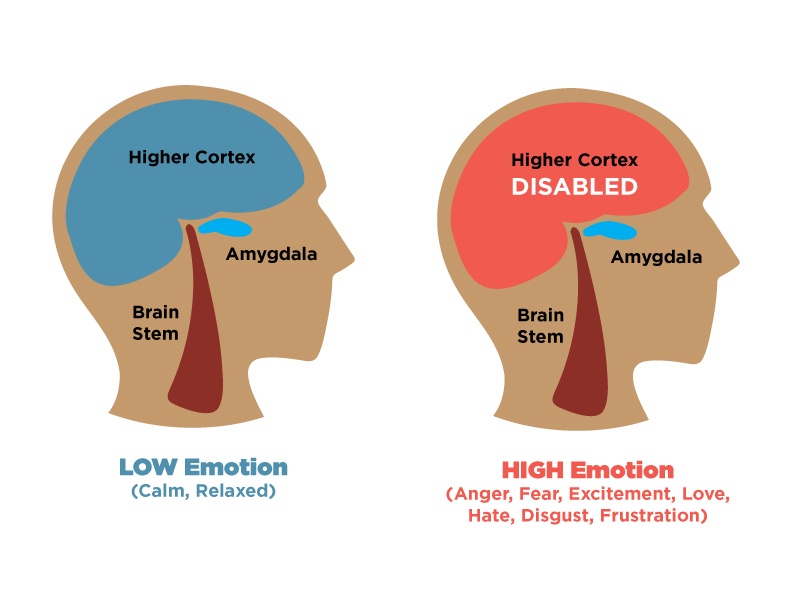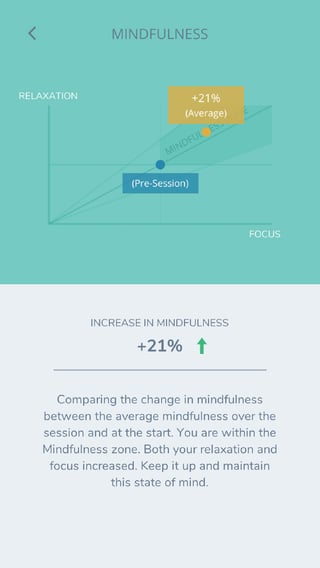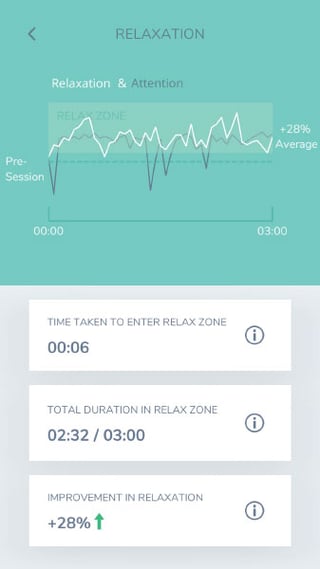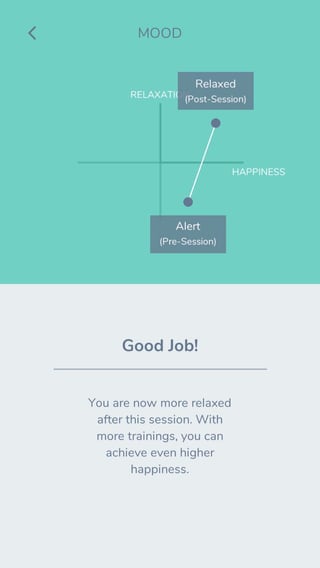We can and we will. This is the mantra of a single parent who is wading through challenges since the pandemic struck. Aside from the sudden shuttering of her workplace, rendering her financially challenged, she also had to deal with her two school children who had to do distance learning via their gadgets at home. Her savings, she thought, was enough to tide them over. But on the fifth month, she knew she had to do something, or she might lose her mind.
A young business owner, meanwhile, had it going good, pre-Covid. He had just opened his café and bookshop with his two friends and was looking to start earning back his investment by mid-2020. Then Covid happened. The government-mandated lockdown hurt their business big time. A year later, they are still picking up the pieces. But not without all the stress, anxiety, and uncertainties they had to face. He also thought he would lose his mind.
Recognizing and managing stress
Managing stress has become the norm for the past year and a half, especially for those who have faced similar challenges. They had to consciously ensure that they can still be productive, move forward, or at the very least, not let the stress, depression, or worse, mental decline, take over.
But how does one recognize stress? How does one know that sleeplessness, headaches, stomach problems, loss of appetite, anger, and frustration, or increase in the use of alcohol and other substances, are brought about by stress? And how does one overcome and not be overwhelmed; how does one cope and not be driven over the edge?
That part of the brain responsible for stress
Harvard Health writes that there is evidence that chronic stress may rewire your brain, says Dr. Kerry Ressler, chief scientific officer at McLean Hospital and professor of psychiatry at Harvard Medical School. Prolonged stress means less activity in parts of the brain that handle higher-order tasks, such as the prefrontal cortex (or PFC, which contributes to a wide variety of executive functions), and more activity on the amygdala, which is best known as part of the brain responsible for “fight or flight” response. It is much like exercising only a part of your body, whereby the more activated one becomes stronger, and the body with less attention becomes weaker.
Continuous stress, therefore, may lead to a build-up of the part of the brain that handles threats, while the part that should be tasked with more complex thought becomes, well, forgotten.

-
Accepting and coping, one step at a time

The change in daily routine, the loads of information we get, and an uncertain future can indeed take their toll on our mental health. We should give our brains a break. When one accepts the circumstances that have contributed to our stress, the first step has been taken. The next one is coping and finding ways to overcome.
Cognitive problems and a higher risk for Alzheimer’s disease and dementia have also been found to be linked to stress. It is therefore vital to take further steps and be on our way to manage our stress effectively.
-
Enough sleep, healthy eating, and regular exercise

Let’s not deprive ourselves of sleep, since lack of sleep makes stress worse. Eating healthy will also contribute to lesser stress because we are feeding our bodies well. Throw in those regular exercises since movement does wonders for our endorphins.
Endorphins are among the brain chemicals known as neurotransmitters, which, when you exercise, these endorphins interact with receptors in our brain that reduce the perception of pain, triggering a positive feeling in the body, making us euphoric. Happy. Energized.
-
Keep in touch, even digitally

The pandemic has ceased almost all opportunities for physical contact – with family, friends, and colleagues. But what has taken place are the many ways that we can digitally connect with our friends and family: Skype, Zoom, Viber, Messenger, Teams, and many more.These digital platforms will never replace the hugs, the handshakes, and the shoulders to cry on, but for now, let us do what we can, and reach out, especially when we feel like giving up, hang out, at least online. Play some games, eat “together,” toast a birthday, test some recipes, teach, or learn a skill or two. Certainly, the possibilities are endless.
They have overcome; so can you

Managing stress in the time of covid may have been one of the difficult challenges we have faced. The single parent who consciously made sure that she would not let stress take over her life is well on her way to slowly getting back to the new normal, with her children also coping better with mostly being home and studying virtually.
The young businessman has endured, not without losses, but is striving to pick up the pieces because he wants his future to be more secure.
Stress Management in the middle of the pandemic
The single parent and the young professional not only faced their stressors head-on. They have also managed to strengthen their mental health through stress management solutions, that aim to strengthen your brain, leading to improved mental health.
These Brain fitness solutions such as Neeuro’s Galini App provide insightful biofeedback for users, helping them to rein in stress, and are best paired with the Neeuro SenzeBand, a non-invasive headset that is able to capture electroencephalogram (EEG) brainwave signals. Through machine learning algorithms in NeeuroOS, users are able to access information about their mental states, such as attention and relaxation, as they do the mental exercises through the Galini app.

There are special audio frequencies (binaural beats) in the tracks, coupled with calming visualizations of peaceful scenes, putting your mind into a state of deep relaxation. When earpieces are used, the different pure-tone sine waves played in the right and left ears create an auditory illusion called binaural beats – which have been scientifically proven to stimulate a person’s brainwaves to a state of relaxation.
There are listening, breathing, and movement exercises starting with three-minute exercises that help you relax and stay focused, with the sensors able to track your progress, helping you improve your mood, relaxation, and mindfulness states. Through regular use, stress reduction will be achieved, as Galini comes with a suite of scientifically proven techniques, helping you achieve peace and clarity of mind.

 .
. 
These charts show a new user’s results after using Galini, with a significant improvement from regular use, encouraging her to continue the exercises and manage her stress well.
References:
- https://www.health.harvard.edu/mind-and-mood/protect-your-brain-from-stress
- https://www.mayoclinic.org/healthy-lifestyle/stress-management/in-depth/stress/art-20046037
- https://www.medicinenet.com/endorphins_natural_pain_and_stress_fighters/views.htm
- https://www.cdc.gov/coronavirus/2019-ncov/daily-life-coping/managing-stress-anxiety.html
- https://www.dana.org/article/beyond-emotion-understanding-the-amygdalas-role-in-memory/





0 Comments